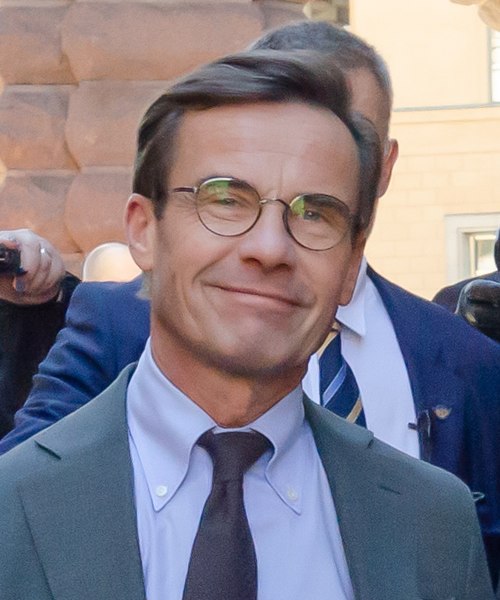
Swedish Prime Minister Ulf Kristersson has affirmed his serious consideration of allegations regarding a "troll farm" reportedly operated by the far-right Sweden Democrats (SD), a party on
which his majority coalition relies. Despite SD's denial of any illegal activities, Kristersson, of the Moderate Party (MP), has emphasized the gravity of the situation, particularly concerning the dissemination of misinformation.
In response to revelations from TV4's "Kalla Fakta" program, which disclosed the employment of approximately 10 individuals by SD to engage in online activities, Kristersson stressed the importance of all parties refraining from contributing to misinformation. SD politician Julian Kroon acknowledged the hiring of individuals as "online warriors" to be visible on social media platforms, a practice described as a "troll factory."
While Kristersson refrained from further comment during the interview, political observers suggest that the matter could potentially jeopardize the ruling coalition, given SD's significance in the Swedish political landscape. Although SD is not formally part of the coalition, its support is contingent on a stricter immigration policy.
The revelations have reignited tensions within the coalition, particularly among the Liberals, historically hesitant to align with the far-right. Calls for terminating cooperation with SD have emerged, with concerns raised about the impact of such activities on democracy.
Opposition parties have condemned the alleged "troll factories," labeling them as a serious threat to democracy. Social Democrat Party Secretary Tobias Baudin emphasized the need for action to counter disinformation, while Centre Party leader Muharrem Demirok announced plans to investigate SD's finances.
In response to criticism, SD leader Jimmie Åkesson defended the party's actions, stating that engaging in online communication is a legitimate means of conveying their message. He denied any deliberate dissemination of disinformation and dismissed accusations of operating troll factories.
Accusations of covert opinion-shaping and troll factory operations have long plagued SD, drawing parallels to international instances of social media manipulation during elections. As scrutiny intensifies, the implications of such practices on democratic processes remain a subject of concern and debate.



































